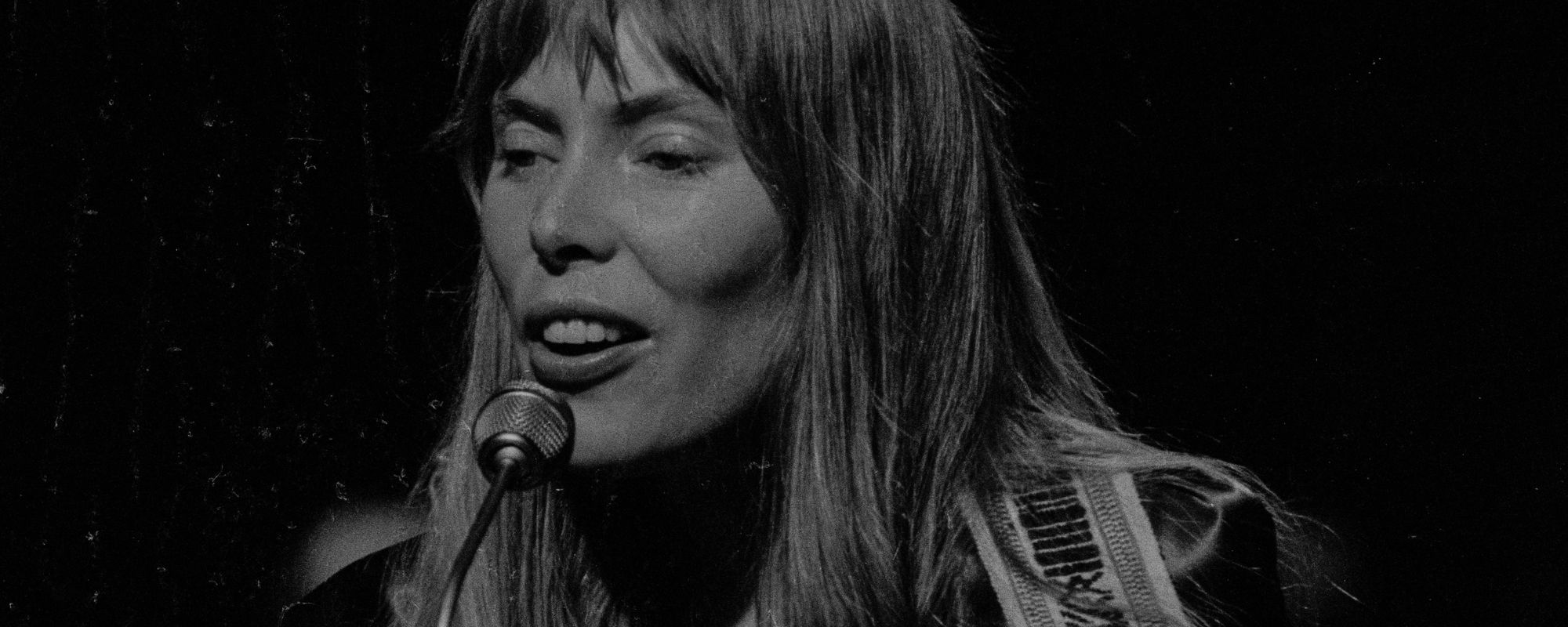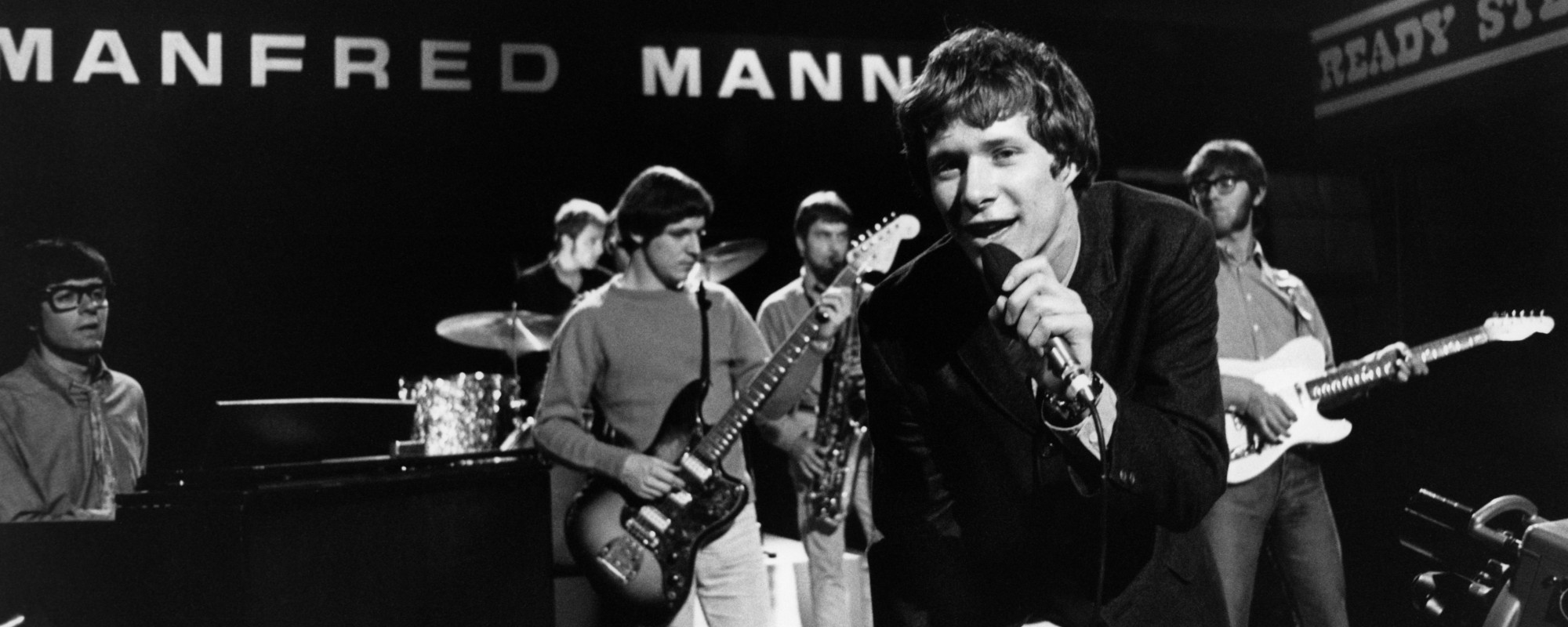Bob Dylan is far more than just a songwriter; we know that. What we don’t know about Dylan, and what nobody seemingly knows about Dylan, is who he truly is, and frankly, maybe Dylan doesn’t know who he is. Maybe that’s the mystery behind Dylan’s mystery. Well, other than that mystery, there is one thing we know about Dylan and one thing Dylan knows about himself, and that is the fact that he is one of the most talented poets of the 20th and 21st century, and arguably centuries prior.
Videos by American Songwriter
Bob Dylan’s thumb on the social and human condition has always been rooted in a type intellectually detached perspective. Has he experienced the human condition and the woes and pros it entails? Of course, Dylan is just a man from Minnesota after all. However, the man lyrically plays with social tropes and human emotions as if they were things foreign to him; thus, allowing him to write so ambitiously yet so poignantly. That just might be why he is such a great songwriter, and it shows in these three losing lines.
“Oh, Sister”
“Time is an ocean, but it ends at the shore / You may not see me tomorrow.”
Bob Dylan’s “Oh, Sister” is a yearning for sibling connection and a call for forgiveness. It is a song that articulates the futility of conflict in light of one’s inevitable end, and that, at least to us, is what Dylan tells the audience in his last line.
The ocean is expansive and vast, though, like personal time, it too has a boundary, a finish line. So, while one’s life might be sprawling in appearance and experience, it too is finite and fleeting, and for that, no contempt should be held for those you love or have loved, because you may not see [them] tomorrow.
“My Back Pages”
“Ah, but I was so much older then I’m younger than that now.”
The interpretation of this line varies depending on your interpretation of the words “old” and “young”. Bob Dylan seemingly suggests that “old” upholds a debilitating conviction and sense of knowingness, whereas “young” means the exact opposite. Per this logic, Dylan states that he was far older in his youthful years and far younger in his older years.
It’s a gorgeous literary paradox, and one you’ve likely heard before, and will hear again, as “youth is wasted on the young.” That is partially what Bob Dylan is harking on, as idealism and certainty kill curiosity, and he didn’t know such a thing until the years started to pile on.
“One Too Many Mornings”
“We’re both just one too many mornings / And a thousand miles behind.”
When something is done, it’s done. That’s the general point Bob Dylan articulates in the epiphora of “One Too Many Mornings”. Though it’s not that shallow, as it never is with Dylan. Dylan uses the line to suggest that the loss experienced by the lovers is past the point of no return.
Past the point of no return because too much time has passed, and there is too much distance to traverse. It’s not necessarily a nuanced truth he is speaking on, but is the truth really ever that nuanced? Seemingly not, and that is why the truth in this line needs to be intellectually toiled with before being fully understood.
Photo by Ron Galella, Ltd./Ron Galella Collection via Getty Images













Leave a Reply
Only members can comment. Become a member. Already a member? Log in.